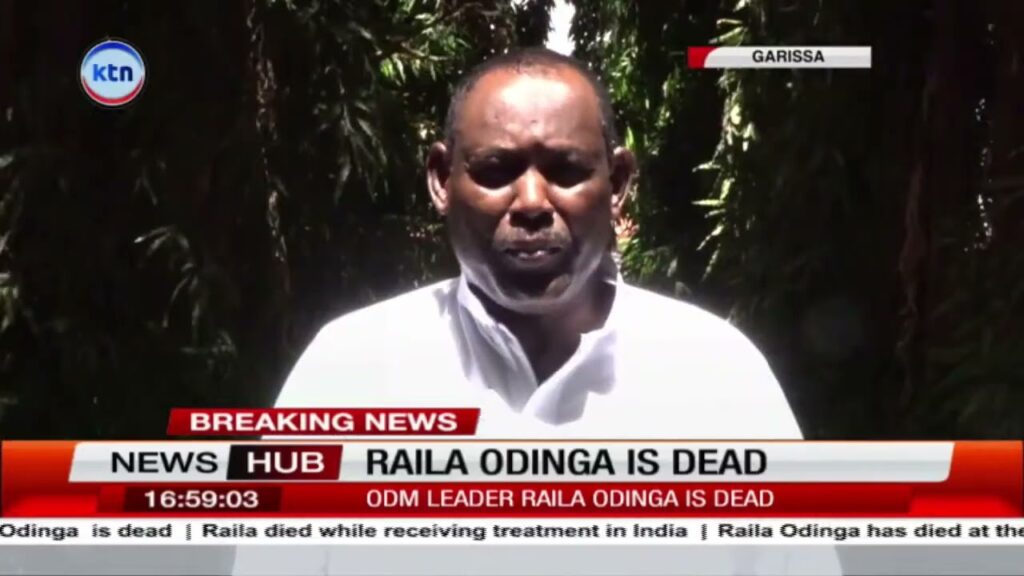
Introduction
The news of Raila Odinga’s death has sent shockwaves across Kenya and beyond. As a leading figure in the country’s political landscape for decades, his passing marks a significant moment in Kenya’s history. Odinga, known for his unwavering commitment to democratic processes and social justice, played a critical role in shaping the nation’s politics, advocating for reforms, and standing against oppressive regimes.
A Life Dedicated to Politics
Born on January 7, 1945, in Maseno, Kenya, Raila Odinga studied engineering in the United States before returning to witness firsthand the political struggles of his country. His early involvement in politics began with the opposition party in the 1990s. Over the years, he served in various governmental roles, including as the Prime Minister from 2008 to 2013. His political career was marked by a fierce dedication to electoral reforms and the fight against corruption.
Throughout his career, Odinga was known for his charismatic leadership and resilience. He was often seen as a champion for the marginalized, advocating for land reforms and access to education. His numerous candidacies for the presidency demonstrated his unwavering desire to lead Kenya towards a new democratic dawn.
Public Reaction to His Death
In the wake of his death, tributes have poured in from all corners of the globe. Current President William Ruto expressed his condolences, recognizing Odinga’s contributions to the nation and honoring the legacy he leaves behind. Social media has been flooded with messages of grief and remembrance, with many Kenyans sharing personal stories of how Odinga’s work influenced their lives. His supporters view him as a symbol of hope and change, while critics acknowledged his determination and political acumen.
Significance for Kenya’s Future
Odinga’s passing represents not just the loss of a prominent leader, but also a pivotal moment for Kenya as it navigates its political future. As the country moves forward without him, there are questions about the direction of the opposition and the unity of his supporters. Many analysts believe that his absence could create a vacuum in the opposition leadership, prompting emerging leaders to step forward to fill the space he occupied.
Conclusion
The death of Raila Odinga serves as a reminder of the profound impact one individual can have on a nation’s journey towards democracy. His legacy will continue to inspire future generations to engage in political discourse and social justice. As Kenyans come to terms with this loss, the hope is that Odinga’s vision for a united and equitable Kenya will carry on, guiding the current and future leaders in their efforts to achieve the reforms he so passionately pursued.



